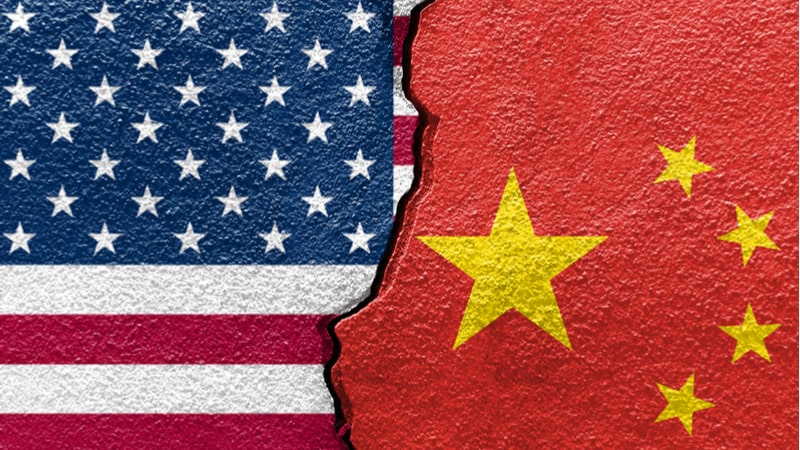
Sens. Mark Warner, D.-Va., and Marco Rubio, R-Fla., introduced legislation on Friday to create an Office of Critical Technologies & Security at the White House to coordinate action across Federal agencies and develop a “whole of government” strategy to combat theft of U.S. technologies by state actors including China, and to reduce risks to “critical supply chains.”
While the word “China” does not appear in the text of the bill, that country received top billing in statements by each senator about why the legislation is necessary.
“It is clear that China is determined to use every tool in its arsenal to surpass the United States technologically and dominate us economically,” said Sen. Warner. “We need a whole-of-government technology strategy to protect U.S. competitiveness in emerging and dual-use technologies and address the Chinese threat by combating technology transfer from the United States,” he added.
Likewise, Sen. Rubio said, “China continues to conduct a coordinated assault on U.S. intellectual property, U.S. businesses, and our government networks and information with the full backing of the Chinese Communist Party.” He continued, “The United States needs a more coordinated approach to directly counter this critical threat and ensure we better protect U.S. technology. We must continue to do everything possible to prevent foreign theft of our technology, and interference in our networks and critical infrastructure. By establishing the Office of Critical Technologies and Security, this bill will help protect the United States by streamlining efforts across the government.”
On the supply chain front, the senators said the U.S. is “facing major challenges to the integrity of key supply chains as a result of reliance on foreign products that have been identified as national security risks,” and that “a national response to combat these threats and ensure our national security has, to date, been hampered by insufficient coordination at the federal level.”
The new White House office that the bill would create would be directed to “coordinate and consult with federal and state tech and telecom regulators, the private sector, nongovernmental experts and academic stakeholders, and key international partners and U.S. allies to ensure that every available tool is being utilized to safeguard the supply chain and protect emerging, foundational and dual-use technologies.”
The new office also would be “responsible for raising awareness of these threats and improving the overall education of the American public and business leaders in key sectors about the threats to U.S. national security posed by the improper acquisition and transfer of critical technologies by foreign countries and reliance on foreign products–such as those manufactured by Chinese telecom companies ZTE and Huawei–that jeopardize the overall security of private sector supply chains.”
According to text of the bill, the director of the new office would be appointed by the President and would also have to be a deputy national security advisor for the National Security Council and a deputy director for the National Economic Council.
Among Federal government entities, the director would consult with the Federal Communications Commission, Federal Trade Commission, and the White House Office of Science and Technology Policy. The new office would be required to report to Congress on its activities and progress at least once a year.
